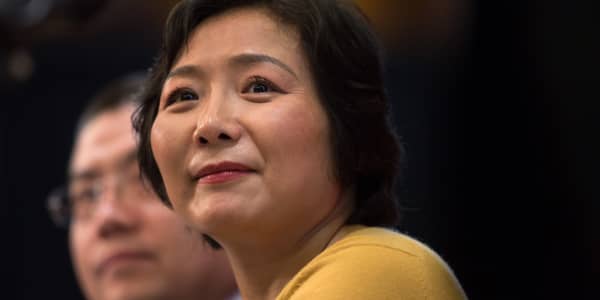Singaporean teaching methods would improve children's mathematics skills in Western schools, a U.K. study has found.
Over 10,000 pupils aged 5-6 and 11-12 and across 140 British schools, were taught for one academic year using a method from Singapore, called "Maths Mastery". Researchers found the pupils' maths test results improved compared to other schools.
The study, by UCL Institute of Education and the University of Cambridge, said this improvement was "roughly equivalent to one additional month of progress over the academic year".
This extra month is very valuable, as the study cited research claiming that an extra month of progress in maths at the age of 10 increases average wages by around £100 to £200 ($159 to $318) per year in later life.
The "Maths Mastery" approach teaches fewer topics in greater depth. Each child must learn and understand the topic before the whole class can progress to the next part of the syllabus.
"Maths Mastery shouldn't be seen as a 'silver bullet'; there is no escaping that the effect of the program was relatively small, though welcome," said UCL's Dr John Jerrim, the study's lead author, in a statement. "Yet, given the low cost per pupil, it may nevertheless be a program worth pursuing.
Read MoreFlunking mathematics? It's all down to culture
Singapore's teaching prowess is well-recognised. It topped the Organization of Economic Co-operation and Development ranking of school performance across 76 countries this year, whereas the U.S. came 28th.
The U.K. has attempted to improve math teaching by looking to Asia. For instance, in 2014 it asked Chinese teachers to help review how the subject is taught. In addition, the U.K.'s Department of Education (DoE) has developed a new maths curriculum reflecting principles of the Singapore approach.
"Ensuring every young person leaves school with good maths and numeracy skills is a key part of our commitment to delivering real social justice," a DoE spokesperson told CNBC. "We are pleased this research confirms that adopting a Singaporean 'mastery' approach to teaching will help us to achieve this."

However, there has been resistance to adopting Asian approaches to teaching because of perceived differences in culture.
"The main difference between the West and East come(s) down to culture, rather than strictly what happens in the classroom," Alex Bellos, author of an introduction to mathematical ideas called "The Grapes of Math", told CNBC last year.
"Also, in England especially, and in the U.S. too, there is this feeling that math is uncool. Math is difficult, it's boring, and it's not relevant."
- With contribution from CNBC's Katrina Bishop
Follow us on Twitter: @CNBCWorld




